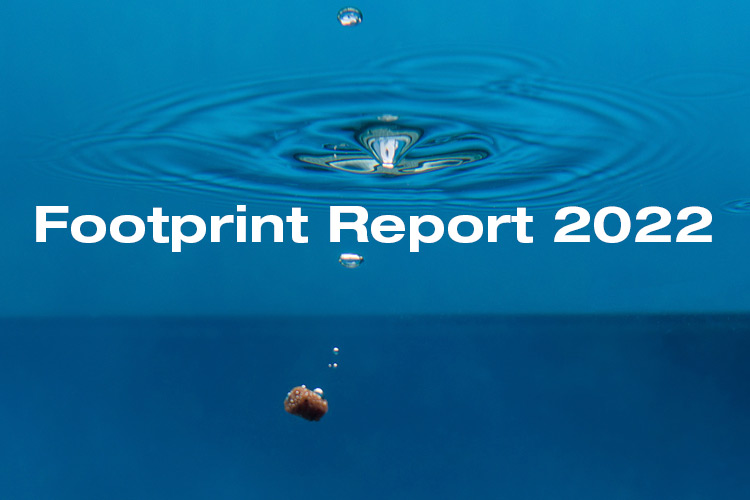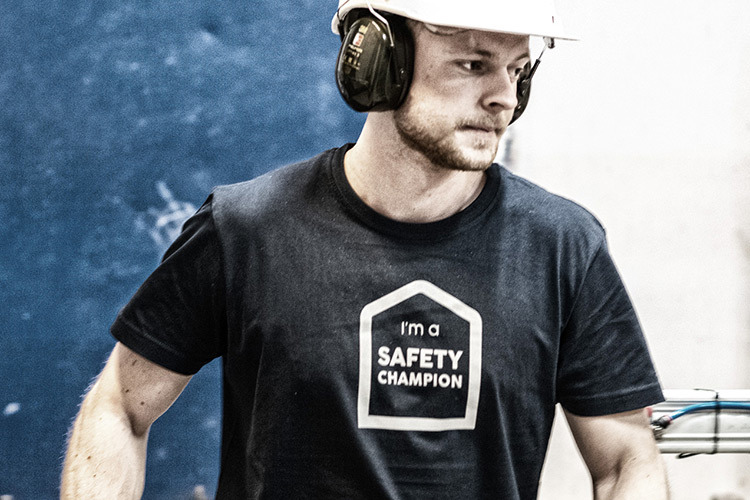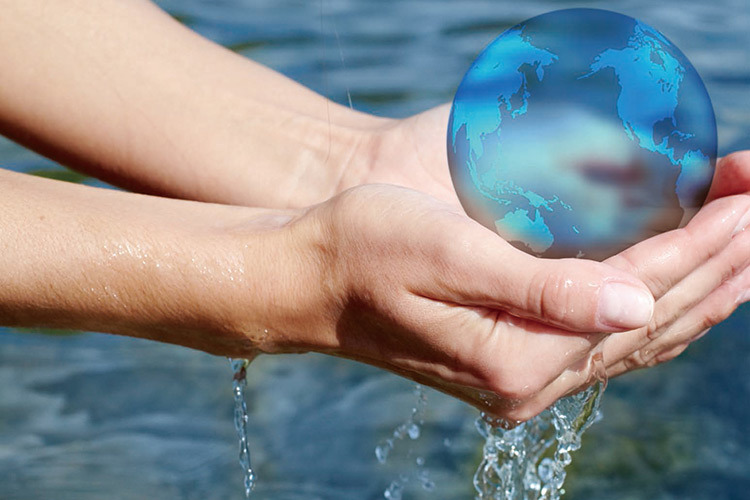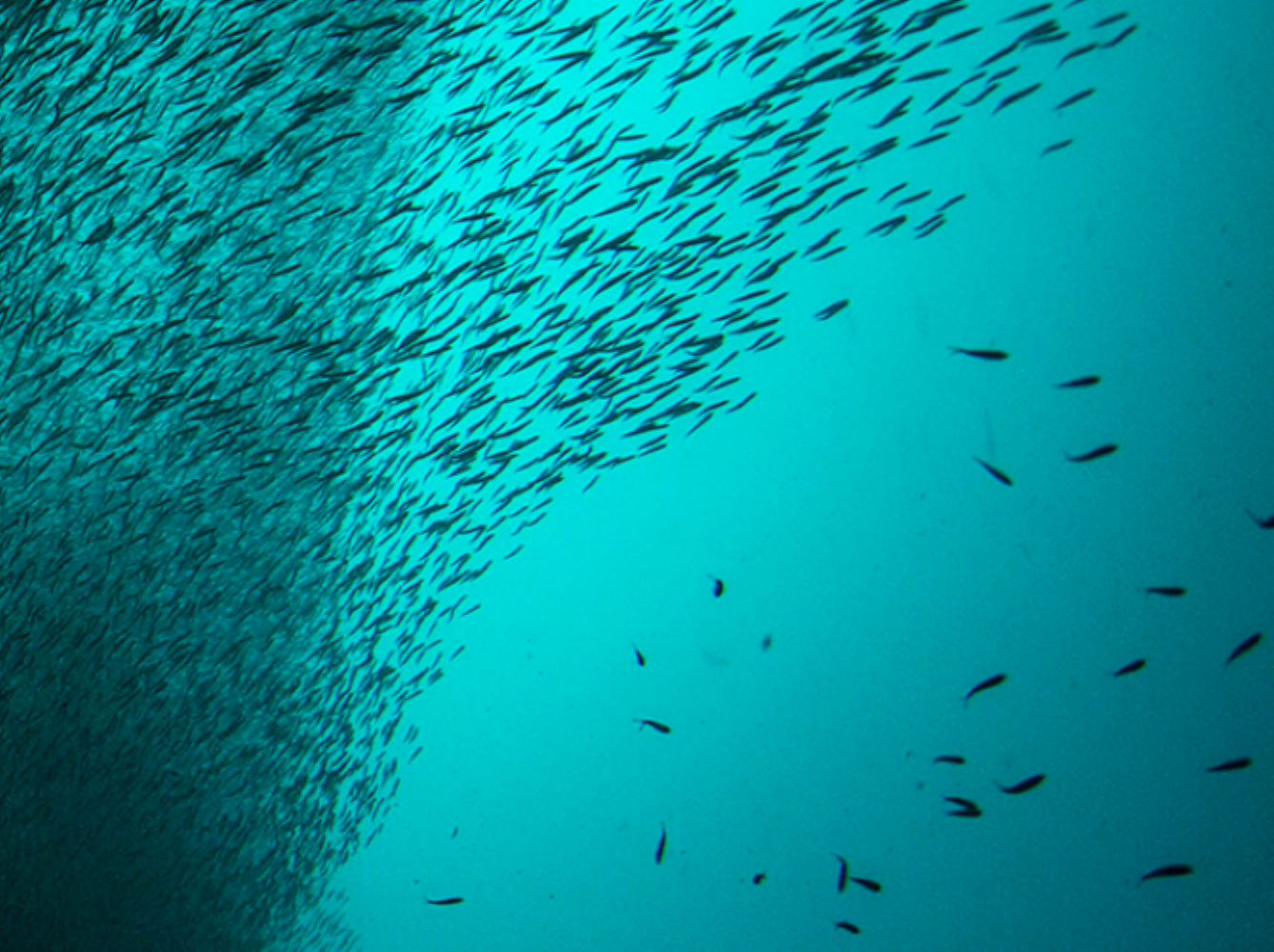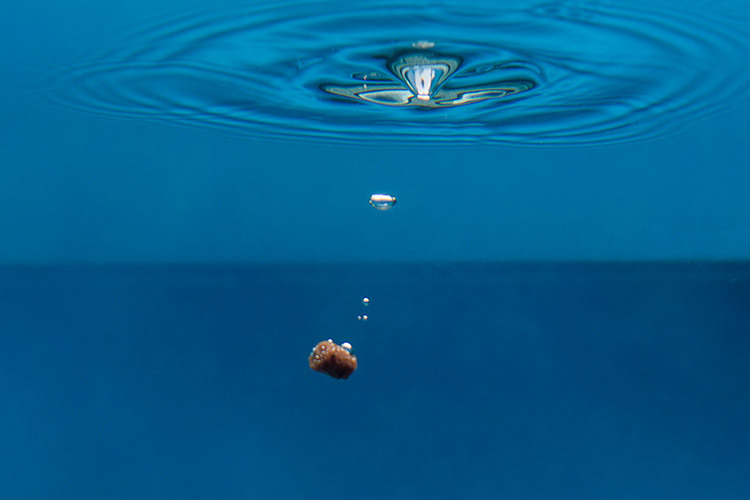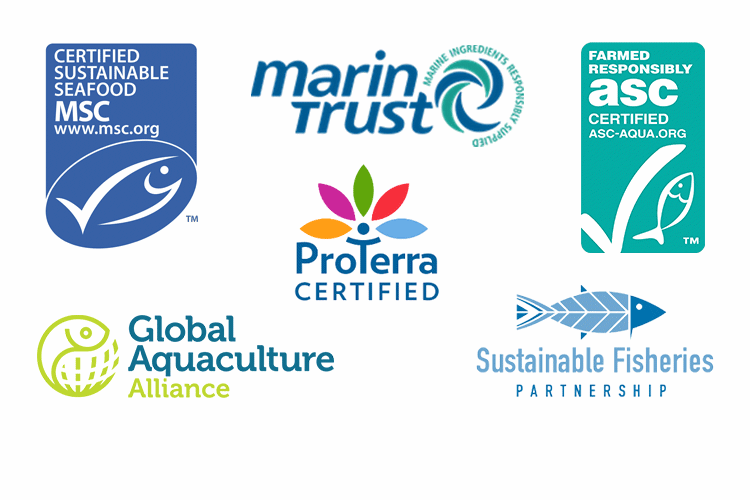
Use of Marine Resources in 2022
Below in this text is the data for the origin of fish meal and oil used in Skretting Australia feed in 2022.
As a part of our commitment to Roadmap 2025, Skretting Australia is committed to purchasing 100% certified marine ingredients by 2025.
Use of wild fish for feed
Wild fish harvested from the ocean and processed into fish meal and fish oil are ingredients in fish feeds, and the global aquaculture industry has significantly reduced the inclusion rates of fish meal and fish oil from forage fish in fish feeds during the past two decades.
Fish meal and fish oil are both limited resources that are shared across a range of users with increasing demands including direct human consumption, aquaculture and pork and poultry production. We promote an efficient use of these resources, producing increasing amounts of farmed fish from a given input of fish meal and fish oil.
With the competencies that we have at Skretting, salmon grower feeds can essentially require zero marine ingredients. This is possible due to 30 years of R&D at Skretting Aquaculture Innovation.
Source of marine raw materials
Small pelagic fisheries are used in the fish meal and fish oil industry, but in some regions they are also important for direct human consumption. Also known as forage species, these are small, short-lived species that occupy a low trophic level (LTL) in the ecosystem. Due to their specific population biology and dynamics, these species are frequently resilient to fishing pressure if catches are well managed, but overfishing is always a possibility without effective controls. Through our Roadmap 2025, we strive to ensure that marine-based feed ingredients come from sustainable sources in the short- and long-term. The requirements aim to align industry incentives to support processes that will lead to improved fisheries management.
Origin of fish meal and fish oil from whole fish 2022
| Country of Origin | Species | Latin Name | IUCN Status | ASC Compliant | % Total Fishmeal | % Total Fish Oil |
| Peru | Anchovy | Engraulis ringens | Least Concern | Yes | 71 | 59.6 |
| Antarctica | Krill | Euphausia superba | Least Concern | Yes | 4.7 | |
| Australia | Blue Mackerel | Scomber australasiucus | Least Concern | Yes | 0.5 | |
| Jackmackerel | Trachurus declivis | Least Concern | Yes | 1.0 | ||
| Red Bait | Emmelichthys nitidus | Least Concern | Yes | 0.4 | ||
| Chile | Araucanian herring | Strangomera bentincki | Least Concern | Yes | 1.7 | |
| Jackmackerel | Trachurus murphyi | Least Concern | Yes | 0.1 | ||
| Mote Sculpin | Normanichthys crockeri | Not Assessed | No | 0.0 | ||
| Peruvian anchoveta | Engraulis ringens | Least Concern | Yes | 0.0 | ||
| Starry Butterfish | Stromateus stellatus | Not Assessed | No | 0.0 | ||
| China | Anchovy | Stolephorus chinensis | Least Concern | Yes | 10.6 | |
| Japanese Anchovy | Engraulis japonicus | Least Concern | No | 8.2 | ||
| India | Sardine | Sardinella longiceps | Least Concern | No | 15.1 | |
| Mexico | Sardine | Sardinella aurita | Least Concern | Yes | 1.3 |
Origin of fish meal and fish oil from trimmings 2022
| Country of Origin | Species | Latin Name | IUCN Status | ASC Compliant | % Total Fishmeal | % Total Fish Oil |
| American Samoa | Albacore tuna | Thunnus alalunga | Least Concern | Yes | 4.8 | |
| Skipjack tuna | Katsuwonus pelamis | Least Concern | Yes | 10.7 | ||
| Yellowfin tuna | Thunnus albacares | Least Concern | Yes | 1.9 | ||
| Mauritius | Albacore | Thunnus alalunga | Least Concern | Yes | 0.3 | |
| Bigeye Tuna | Thunnus obesus | Vulnerable | Yes | 0.2 | ||
| Skipjack tuna | Katsuwonus pelamis | Least Concern | Yes | 1.8 | ||
| Yellowfin tuna | Thunnus albacares | Least Concern | Yes | 0.2 | ||
| New Zealand | Gemfish | Rexea solandri | Least Concern | No | <0.1 | |
| Southern Hake | Merluccius australis | Not Assessed | Yes | <0.1 | 0.0 | |
| Hoki | Macruronus novaezelandiae | Not Assessed | Yes | 0.7 | 1.3 | |
| Javelinfish | Lepidorhynchus denticulatus | Not Assessed | Yes | <0.1 | 0.1 | |
| New Zealand ling | Genypterus blacodes | Not Assessed | Yes | 0.1 | ||
| Rattail | Family Macrouridae | Not Assessed | Yes | <0.1 | ||
| Other | n/a | Not Assessed | No | 0.1 | ||
| Spiny dogfish | Squalus acanthias | Least Concern | Yes | 0.0 | ||
| South Africa | Hake | Merluccius australis | Least Concern | Yes | 3.6 |
Certification status of marine raw material from fish meal
| Whole fish | Trimmings* | |||
| 2022 | 2021 | 2022 | 2021 | |
| MSC approved | 0% | 16% | 96% | 96% |
| MarinTrust | 100% | 72% | 3% | 0% |
| None | 0% | 12% | 1% | 4% |
* In 2022 25.50% of the fish meal came from trimmings. The rest, 74.5 %, came from whole fish.
Certification status of marine raw material from fish oil
| Whole fish | Trimmings* | |||
| 2022 | 2021 | 2022 | 2021 | |
| MSC approved | 8% | 1% | 87% | 58% |
| MarinTrust | 58% | 83% | 0% | 27% |
| None | 34% | 16% | 13% | 15% |
* In 2022 1.52%% of the fish oil came from trimmings. The rest, 98.48 %, came from whole fish.
About MSC
The Marine Stewardship Council is an international non-profit on a mission to end overfishing and restore fish stocks for future generations. The MSC program contributes to several of the UN’s Sustainable Development Goals. MSC certification is used by countries and organisations as an integral part of their voluntary commitments towards delivering SDG14 on Life Below Water. This includes targets to end overfishing, restoring fish stocks, protect marine ecosystems and eliminate IUU fishing. The MSC also helps efforts to strengthen food security (SDG2), promote sustainable economic growth (SDG8), promote sustainable consumption and production (SDG12), and strengthen global partnerships forsustainable development (SDG17).
About MarinTrust
MarinTrust, formerly known as the Global Standard for Responsible Supply (IFFO RS ) has become the leading independent business-to-business certification programme for the production of marine ingredients. Skretting is a member of the MarinTrust governance board.
The main purpose of the standard is:
- To ensure that whole fish used come from fisheries managed according to the FAO Code of Conduct for Responsible Fisheries.
- To ensure no Illegal, Unreported and Unregulated (IUU) fishery raw materials are used.
- To ensure pure and safe products are produced under a recognised Quality Management System, thereby demonstrating freedom from potentially unsafe and illegal materials.
- To ensure full traceability throughout production and the supply chain.
